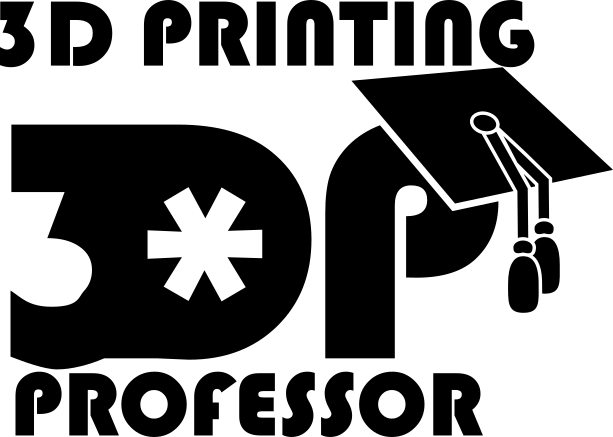This has become far more intricate than I initially thought it would be, and I don’t believe I did the subject justice at all in this video.
First of all, there’s the topic in the title, making 3D printing available to disabled children, which I give a bit more detail about in a Patreon post. How cool is it that, with a little bit of setup, you can create, slice, and print all from a tablet? The fact that a machine that does the heavy lifting in making things for you is available, accessible, and affordable, is amazing. We truly are living in the future. It’s a slightly more industrial future than we all envisioned, thanks to the rough nature of open source, but the results can’t be argued with.
I could dive into how to setup a Raspberry Pi to do this, if you’d like. Let me break down the steps, as I remember them:
- Get Raspberry Pi, memory card, 5V power adapter, and optional camera
- Flash Octoprint to the SD card, following the instructions on their site
- While the SD card is still in your computer, use a text editor (I prefer Notepad++) to program your wifi data into the octopi-network.txt file
- Plug in the Pi to the power adapter
- Point a browser to http://raspi.local or find the Pi’s IP on your network (I prefer Advanced IP Scanner for this)
- Telnet into your Pi (I prefer Putty for this)
- Change the password of the root account with ‘sudo passwd’
- Run ‘sudo raspi-config’ to fill the file system and turn on your camera if needs
- Run Cura 15, set it up for your printer, then save the configuration file
- Open a web browser and go to octopi.local or your pi’s IP address
- Go through this process of setting up a user and loading the config file you make previously
- Enable the plugins for “Full Featured Slicer” and “Touch UI”.


